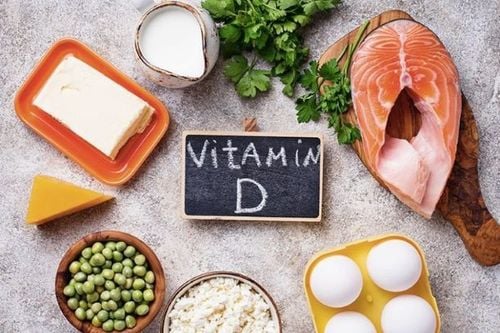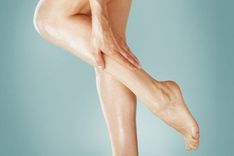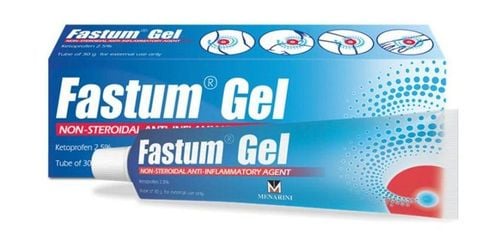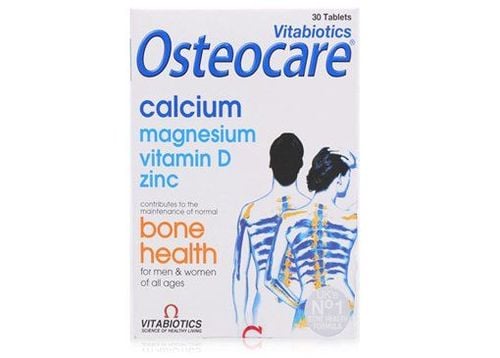Many people wonder what deficiencies in the body might cause frequent muscle cramps, as they experience this issue and are concerned about their condition. In fact, there are various causes of muscle cramps, but if they occur often, it could indicate a deficiency in certain essential nutrients.
Muscle cramps refer to the sudden contraction of one or a group of muscles, causing extremely uncomfortable muscle pain. Cramps most commonly occur during exercise, after physical activity, or even during periods of rest, such as at night.
There are several other disorders similar to muscle cramps that need to be differentiated, such as muscle ischemia, dystonia, cramp paranoia, and tetany.
1. Who is prone to muscle cramps?
Muscle cramps can occur in both young, healthy individuals and elderly, frail individuals. Although cramps can affect anyone, the following groups are more prone to experiencing them:
- Pregnant women: The growth of the fetus in the womb compresses the nerves and blood vessels in the legs, making pregnant women more likely to experience cramps. Additionally, an electrolyte imbalance during pregnancy increases the risk of cramping.
- Elderly individuals: As people age, muscle and nerve function gradually decline. Therefore, middle-aged and elderly individuals often experience numbness in the hands and feet or muscle cramps and spasms.
- Individuals who engage in heavy physical activity: Athletes, particularly swimmers or runners, who frequently use their muscles are prone to cramps if they fail to warm up properly before exercising or working.

2. What nutrients is the body lacking when experiencing muscle cramps?
There are many known causes of muscle cramps, and nutritional deficiencies are among the factors that may increase the frequency of cramps. So, what nutrients does the body lack when it experiences frequent cramps?
- Calcium: Calcium is a crucial mineral for the body, especially for bones and joints. Muscle contraction also depends on calcium levels in the blood. A calcium deficiency increases the risk of muscle spasms and pain. To meet the body’s calcium needs, in addition to regular meals, you can consume milk, yogurt, cheese, and other dairy products.
- Magnesium: While calcium is vital for muscle contraction, magnesium is essential for muscle relaxation. Frequent cramps can occur due to an imbalance in muscle contraction and relaxation caused by deficiencies in both calcium and magnesium. Severe magnesium deficiencies are rare, but insufficient intake is common, particularly in diets lacking whole grains, legumes, dark green vegetables, and fruits. To supplement calcium and magnesium, a blood biochemical test is recommended, and supplementation should be done under a doctor’s guidance.
- Potassium: Potassium is another essential mineral for muscle contraction and relaxation and plays a role in cellular activities. A potassium deficiency can lead to weak muscles, frequent spasms, and reduced functionality. To ensure adequate potassium intake, include fresh fruits and vegetables like apples and carrots in your diet. Potassium supplements should only be taken under medical supervision to prevent harmful excess levels.
- Sodium: Sodium deficiency, which may occur due to excessive water consumption diluting sodium levels, excessive sweating, or kidney dysfunction, can also cause frequent cramps. Sodium can be replenished by adding a small amount of salt to meals.
- B vitamins: The nervous system’s ability to transmit signals depends on B vitamins. A deficiency in vitamin B6 can cause cramps, as this vitamin is responsible for transporting glucose to cells and facilitating other bodily reactions. Cramps due to B6 deficiency are most common in individuals who consume excessive alcohol or have a poor diet. Vitamin B12 deficiency can also impact muscle contraction, leading to frequent cramps, anemia, impaired DNA synthesis, and disrupted nervous system function. B vitamins can be supplemented through foods like eggs, milk, meat, seafood, nuts (e.g., walnuts), and dark leafy greens like spinach, or through oral supplements.
- Vitamin D: While vitamin D does not directly influence muscle contraction, it is essential for calcium absorption and maintaining stable calcium levels in the blood, promoting bone strength and development. A deficiency in vitamin D can lead to calcium deficiency and an increased frequency of cramps. To boost vitamin D levels, spend time in sunlight and consume foods like milk, liver, and oily fish.

3. What to do when experiencing muscle cramps?
Maintaining a well-balanced and nutritious diet is crucial for preventing frequent muscle cramps. If cramps occur due to other causes, you can alleviate the pain immediately by trying one of the following methods:
- Stretch the muscle: When experiencing a leg cramp, stand upright, lean against a wall, bend your knee, and use your hand to pull your foot upward. If the cramp occurs in your calf muscles, stand straight, extend the cramped leg forward, and lean your body forward to apply weight, stretching the affected muscle. For foot cramps, sit down with your leg extended and use your hands to pull your toes or foot as far as possible. This may cause some discomfort because of pain, but it quickly relieves the cramp.
- Massage the muscle: For frequent cramps, gently massage the cramped area to warm the muscle and reduce tension. Be careful to massage gently to avoid worsening the cramp.
- Warm the muscle: Apply a warm towel or a bottle filled with warm water to the cramped area. This helps to relax the muscle and alleviate pain effectively.
- Walk barefoot: Instead of using your hands to apply pressure to the affected leg, walk barefoot on the floor and shift your body weight onto your toes to stretch the muscle.
Frequent muscle cramps can signal a deficiency in essential nutrients such as calcium, magnesium, potassium, sodium, vitamin D, and B vitamins. Pay close attention to your diet to address nutrient deficiencies and prevent cramps.
To arrange an appointment, please call HOTLINE or make your reservation directly HERE. You may also download the MyVinmec app to schedule appointments faster and manage your reservations more conveniently.













